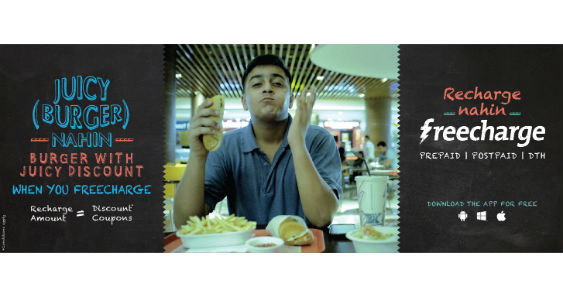R/GA EVP Managing Director APAC Jim Moffatt has a under his belt years of experience managing the agency’s many offices around the globe as well as growing and developing its client pool.
With an eye on the whole region, Jim shared with adobo magazine his insights on the changes happening in the industry as well as his predictions for the future.
1. What are key transformational shifts you see affecting the advertising industry which will have the strongest impact this year?
Relationships: The way we work with clients, partners and each other is still in flux. Insourcing will continue apace this year as brands grow their creative and digital capabilities and become more confident doing it themselves. The flow-on will be the continued erosion of agency of record appointments – expect to see less and less announcements of that nature, and movement towards project-based agreements as needs become more defined. This in turn will lead to greater specialization from niche players offering specific skillsets for a specific brief, and further disrupt the large ‘one stop shops’.
Automation: Automation will continue transforming the industry exponentially because of its domino effect – when a task is automated it frees up time for exploration and experimentation that invariably leads to further automation up the chain. Conversational commerce is the watchout for 2018 – I think we’ll see the industry innovating with assistants, both messaging and voice based, in the quest for more personalised experiences and contextual advertising.
Consulting: The flurry of agency acquisition and creative upskilling by consulting firms in the last few years will start to take effect. There are already inroads being made into the industry – consultancies surged into a number of global agency rankings last year and will continue to eat traditional shops’ lunch this year in terms of new business, and I’d expect to see them grabbing the limelight on the awards stage before long.
2. How are you and your network adapting to the changes in the business environment? What measures are your taking and how are you leading for your company and its people to tide and thrive?
R/GA’s philosophy has always been to change ahead of the game. We survive and thrive through industry disruption by disrupting ourselves, even when it’s uncomfortable.
We’ve addressed shifts in client relationships by being able to offer different, fluid ways of working, for example. In APAC, many of our partnerships include an embedded component – there are R/GA teams working at several client HQs here because it offers clients the advantages of in-house capabilities without the need to build them out. We’re also able to operate more nimbly, with a project-by-project approach because of some of our proprietary technology – there are R/GA-built systems that allow us to collaborate seamlessly across the network and put together a bespoke team for anything, quickly.
We’re also growing our capabilities in areas enabling us to offer a more holistic response to business challenges. So, while the industry has been talking about the encroachment of consultancies, we’ve made consulting part of our offering in Asia Pacific over the last year. We’ve also increased our prototyping skills to allow development of products and services, and that gives us the competitive advantage of offering end-to-end solutions.
3. The best thing that will happen to our industry this year.
As the saying goes, the only constant is change. Whether its programmatic, shifting from comms to experience design thinking, the rise of ecommerce, working with the duopoly or commoditization of agency offerings, in the swirl and the muck, two good things will emerge.
Firstly, people will realize the value of great ideas. You can optimize a s**t idea, but it’s still not going to work. A great idea is worth paying for, will deliver ROI and is why most people joined the industry in the first place.
Secondly, people will realize that great ideas come from motivated, inspired people. You can cost cut, restructure, rename or do whatever you want, but those who invest in, nurture, care for and value their talent will come out ahead.
Both of these things make me happy.









